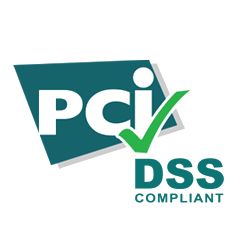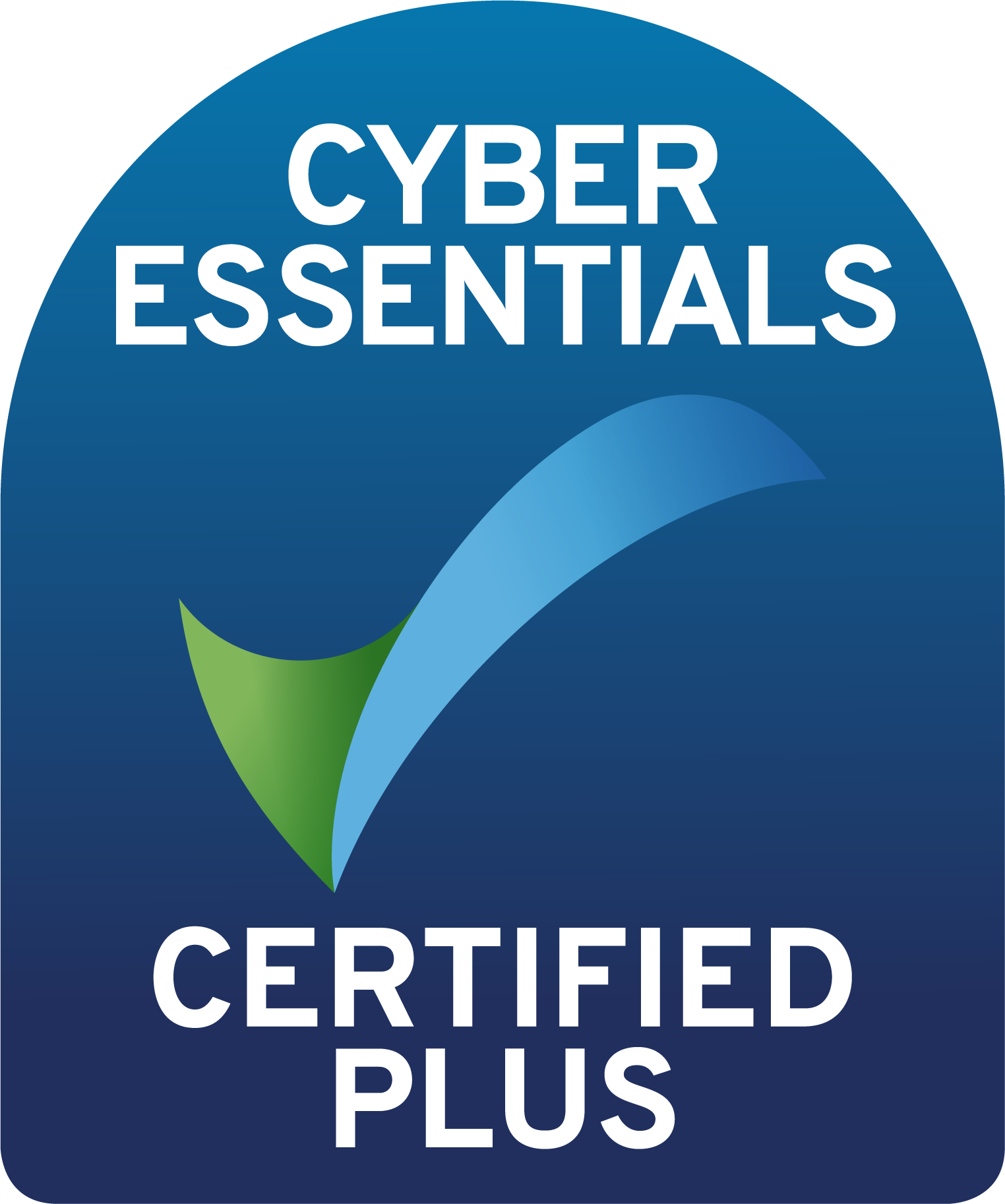
One question dominates for UK businesses that accept payments from their customers and clients in an increasingly cashless society: are traditional card payments still worth the fees and delays, or is Open Banking the smarter alternative?
With rising transaction costs and customers demanding faster, simpler options, businesses are increasingly turning to Open Banking payments as a lower-cost, higher-speed way to get paid. In this guide, we’ll break down exactly how Open Banking compares with cards, why adoption is accelerating, and how SOTpay can help your business make the switch without losing flexibility.
What Is Open Banking and How Does It Differ from Card Payments?
Open Banking is a regulated financial technology that allows businesses to initiate direct bank-to-bank payments, authorised by the customer in their trusted banking app. It’s powered by secure APIs and is part of the UK’s push to modernise payments under PSD2 regulation.
Card payments, on the other hand, rely on long-standing networks such as Visa and Mastercard. Every card transaction passes through multiple parties: the card issuer, the scheme, the acquiring bank, and the payment processor. Each layer takes a cut, and the process usually takes days to settle.
In short, Open Banking cuts out many of the intermediaries, while card payments remain locked into legacy infrastructure that can be costly and slow.
Key Comparisons: Open Banking vs Card Payments
To understand the shift, let’s look at the core areas where Open Banking and card payments differ.
1. Fees and Costs
Card payments come with a stack of fees: interchange, scheme fees, acquiring costs, and gateway charges. For small businesses in particular, these fees add up, often totalling 2–3% of the transaction value. Open Banking reduces or eliminates many of these layers. Businesses typically pay either a small flat fee or a fraction of a percent per transaction. For merchants taking thousands of pounds each month, the savings quickly become significant.
2. Settlement Speed
Cards generally settle in one to three working days. That’s because the payment flows through multiple parties before it lands in your account. Open Banking is built on the UK’s Faster Payments infrastructure, which means funds can arrive almost instantly or at least within the same day. For businesses struggling with cash flow, this difference alone can be game-changing.
3. Fraud and Chargebacks
Card payments — especially “card-not-present” transactions — are a common target for fraud. Chargebacks are expensive, time-consuming, and a constant worry for merchants. Open Banking uses Strong Customer Authentication (SCA), which means the customer approves payments directly through their bank app, reducing fraud risk dramatically. Because payments are authorised in real time, disputes and chargebacks are also far less common.
4. Customer Experience
With cards, customers often need to type long numbers, expiry dates, and security codes. Errors are common, and additional 3D Secure prompts can cause drop-offs. Open Banking is simpler: the customer clicks a link, chooses their bank, and authenticates with Face ID, fingerprint, or a passcode in their banking app. The process is faster, smoother, and more secure — all things that improve conversion rates.
5. Operational Efficiency
Card payments generate admin: reconciling transactions, handling chargebacks, and waiting for settlements. Open Banking payments reduce that burden, offering real-time confirmation and simpler reconciliation. Businesses using Open Banking regularly report saving dozens of hours each year compared with card-heavy systems.
Adoption of Open Banking in the UK
The UK is leading the charge globally when it comes to Open Banking adoption. As of March 2025:
-
Over 13 million consumers and small businesses were actively using Open Banking services.
-
More than 31 million Open Banking payments were made in a single month.
-
Open Banking now accounts for nearly 8% of all Faster Payments in the UK.
This is no longer a niche technology. According to NatWest Group, small businesses that adopt Open Banking save around 150 hours a year on admin tasks like chasing payments and reconciliation. Those same businesses also save £1,000–£1,700 annually in reduced card processing and operational costs.
The trend is only accelerating. Juniper Research forecasts global Open Banking payments will grow from $57 billion in 2023 to more than $330 billion by 2027. In the UK, regulators are already looking to expand into Open Finance, which would connect payments with broader financial services like mortgages, pensions, and insurance.
Why Businesses Are Switching to Open Banking
The reasons for adoption are clear:
-
Lower fees mean more profit stays in your pocket.
-
Faster settlement improves cash flow, helping businesses invest and operate more smoothly.
-
Reduced fraud gives peace of mind, especially for high-value or remote transactions.
-
Higher conversion rates keep sales flowing by removing friction at checkout.
-
Less admin means your team spends less time chasing payments and fighting chargebacks.
For example, if a retailer takes £20,000 per month online, card processing fees of 2.5% would eat up around £500. An Open Banking solution with a flat fee or sub-1% model could cut that cost in half or more. Over a year, that’s thousands of pounds saved.
When Cards Still Have the Edge
Cards aren’t disappearing tomorrow. They still offer advantages in many scenarios:
-
Global acceptance – almost every customer has a card and knows how to use it.
-
Rewards and incentives – many customers choose cards for loyalty points or cashback.
-
Fallback payment method – in cases where a customer’s bank doesn’t support Open Banking, cards remain the default option.
That’s why many businesses aren’t replacing cards entirely — they’re combining them with Open Banking to create a flexible, customer-first payment strategy.
How SOTpay Brings Both Together
At Gala Technology, we built SOTpay to give businesses the best of both worlds. With SOTpay, you can:
-
Send secure Open Banking pay-by-link requests via email, SMS, WhatsApp, live chat, or social media.
-
Continue to accept traditional card payments when customers prefer them.
-
Benefit from PCI DSS compliance, Strong Customer Authentication, and protection against fraud.
-
Get unified reporting and reconciliation across both Open Banking and card transactions.
The result is freedom: you can choose the most cost-effective and customer-friendly payment method for every transaction.
Open Banking in Action: Business Scenarios
-
Retailer – A clothing brand selling £10,000 a month online saves hundreds of pounds on processing fees by steering repeat customers to Open Banking payments.
-
Charity – A non-profit reduces costs on small donations by replacing card payments with Open Banking links shared over WhatsApp and email. Every penny saved means more funds go to the cause.
-
Utilities Provider – By offering Open Banking as a way to pay bills, a utility company improves settlement speed, reduces late payments, and simplifies reconciliation.
-
Professional Services – A consultancy chasing invoices gets paid faster by sending Open Banking links during calls, eliminating the wait for card authorisation or bank transfers.
FAQs
What is the difference between Open Banking payments and card payments?
Open Banking payments move money directly from a customer’s bank account to yours, authorised in their banking app. Card payments go through multiple intermediaries and often take longer, with higher fees.
How much cheaper is Open Banking compared with cards?
Costs vary, but many businesses see savings of 1–2% per transaction. For high-volume merchants, that can add up to thousands of pounds each year.
Do Open Banking payments settle faster?
Yes. In the UK, most Open Banking transactions settle instantly via Faster Payments, compared to the one to three working days common for cards.
Are Open Banking payments secure?
Yes. They use Strong Customer Authentication and regulated payment initiation services. Sensitive card details are never shared, reducing fraud risk significantly.
Can I still take card payments with SOTpay?
Absolutely. SOTpay lets you combine Open Banking with card payments, so you can offer customers both options and decide what’s best for your business.
Are card fees eating into your profits? Is waiting days for settlement slowing your growth? With SOTpay, you can integrate Open Banking and card payments in one secure, flexible platform.
Book a free demo today and see how Open Banking can reduce your costs, speed up your cash flow, and transform the way your business gets paid.









